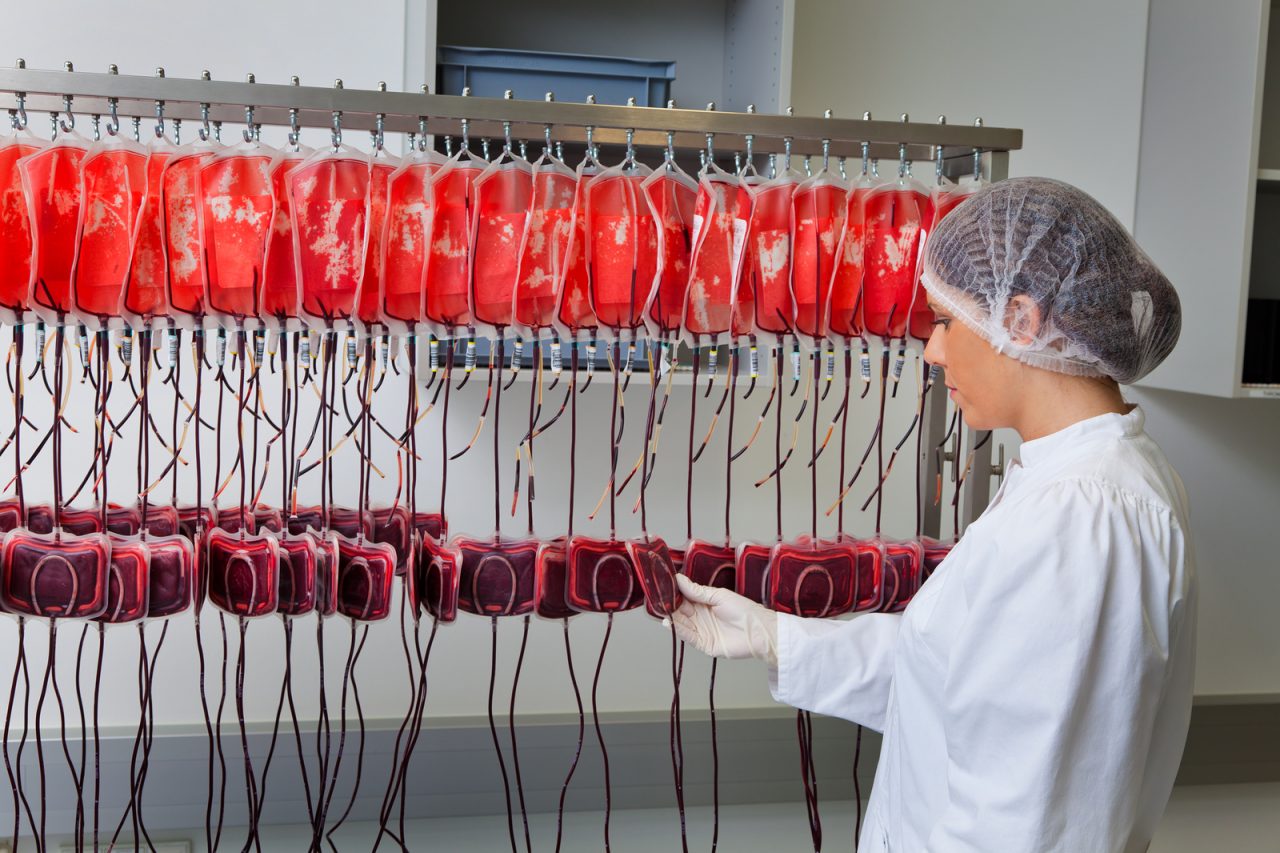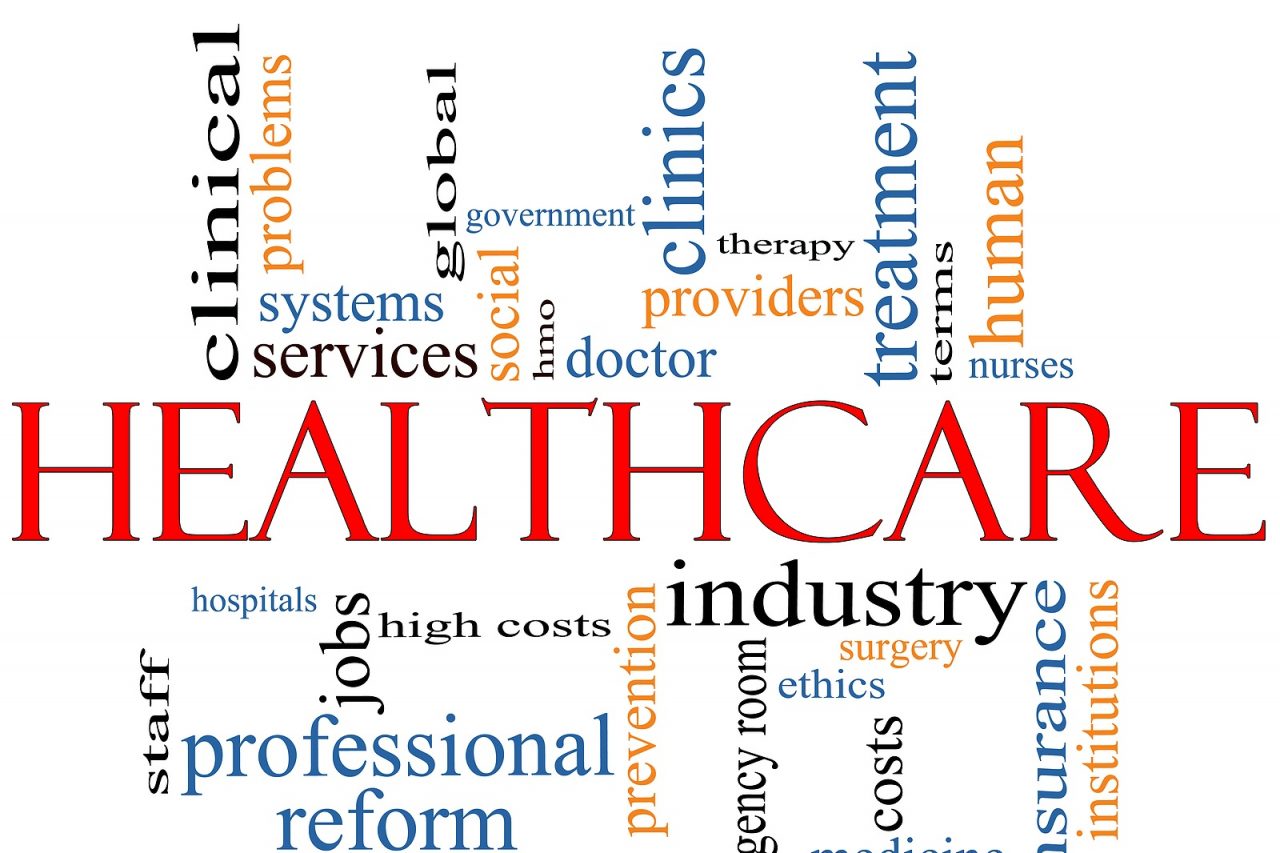Would you die for freedom? How about privacy; the opportunity to keep personal secrets? What if you had a dangerous medical condition, and in order to live you would have to share your health history with 15 doctors? 50 nurses? 100 hospital administrators? 500 health insurance salesmen? 1000 total strangers? Is there a point that just to be private, you would rather die?
In essence, this was the debate in which I participated this week. The Wall Street Journal’s Melinda Beck graciously hosted this discussion, on a videoconference Spreecast. Dr. Deborah Peel, founder of the Patient Privacy Rights Foundation (PPRF), Dr. Mary Jane Minkin, a gynecologist in New Haven, CT and I discussed this critical question; In the era of expanding Electronic Medical Records (EMR) are we losing too much privacy? Do our records threaten to explode across the Internet and out of our control?
Dr’s Minkin and Peel are extremely worried about the lack of privacy which they believe is inherent in electronic records. Dr Minkin was so concerned that she dropped out of the Yale Medical Group, and all insurance carriers, and now sees patients only on a cash basis in her private boutique practice. She presented examples of how, because of computerized records, personal sexual histories were seen by doctors beyond the patient’s control, resulting in embarrassment and, Dr. Minkin felt, poor care. She believes that we should not be using EMRs at all, relying instead on paper records that can be faxed to specific other doctors only at time of need.
Dr. Peel is the Director of PPRF, which advocates for tight controls on the sharing of electronic medical data. She believes that doctors who are not involved in the case, insurance companies, employers and even the government, are interested in reading our individual records and must be stopped. Dr. Peel compared this intrusion into personal privacy, liberty and choice to the Tuskegee Experiments or the Nazi’s, and she believes that patients are going to rebel and the use of computerized records may vanish.
As readers know, I believe Electronic Medical Records are vital to the future of medical care. Not only are they efficient, safe, indestructible, inexpensive ways to store data, they have incredible potential to heal. With proper controls, EMRs can be accessed from anywhere, by multiple caregivers at the same time. Quality measures can be built into these programs, so that the wrong drugs cannot be ordered, vital changes not missed, important questions always asked and critical test results never lost.
The potential is nearly infinite. As these records systems expand, every frightened, sick, confused patient will not have to remember and recite the complex details of their entire health history, every time they meet a new caregiver. If a physician, lab, pharmacy, physical therapist or nursing home makes a change in treatment, every other caregiver for that patient can observe, preventing duplication and error by allowing global coordination of care. Finally, and perhaps most exciting, by combining electronic records with state of the art medical science and research databases, computer systems will be able to assist each doctor, anywhere at anytime, to give the most up-to-date therapy.
Several examples may help show the reality and the potential. Today, most records are in paper charts and cannot be accessed accept by the one person holding them, who leaves no trace of having ever seen that record verses an EMR which leaves an electronic trail of every person who reads it. Most doctors do not routinely send out reports to every doctor the patient has seen about each new event that happens.
Steve walked into my office two months ago with a massively swollen face, especially around his right eye. It was engorged with blood, his eyeball bright red and massive bruise expanding to the jaw. It turns out that Steve had minor surgery on his eyelid a couple days before. Why do I, an oncologist and hematologist, see Steve? Because, he is on blood thinners … something Steve did not think was important enough to tell the ophthalmologist, before the doctor cut into his face.
At 2:00am, just as the rescue squad wheeled David into the emergency room, he stopped breathing. As they had no medical history, rib-cracking CPR was started, a tube was placed into his throat, IV in his neck and two 300-joule countershocks were administered. David survived the ER and made it to the ICU. This was not something for which he was appreciative as David was dying of lung cancer and had clear instructions in his chart, locked in his doctor’s office, that he be allowed to die.
On the other hand, Ed was admitted to our hospital not long ago, with multisystem failure. He had an irregular heart beat with falling blood pressure and dizziness, new onset diabetes, shortness of breath, drops in blood counts, rapid weight loss from nausea and apparent liver failure. There was no evidence of infection, cancer, primary heart disease and he denied taking any new medication in years. However, the computer records showed that eight months earlier a change in insurance had resulted in a change in the brand of Ed’s cholesterol medication and thus how fast he absorbed the drug. Ed had niacin poisoning.
Angie felt fine when she came to our office for the fourth round of therapy. When the pharmacy technician accessed the computerized chemotherapy storage cabinet, the sentinel program noted that the patient’s weight had changed and that the previously ordered dose was incorrect. The tech sent a real-time email to the oncologist for modification. However, simultaneously, as the treating nurse began the therapy sequence for the day, by opening the patients EMR file, an alert across her screen warned that the patient had sudden liver malfunction, discovered in labs drawn a couple hours before. An online review of a recent CT scan did not provide an answer. The chemotherapy was canceled, a digital order for an ultrasound sent to radiology and a next day appointment with the physician scheduled.
While I appreciate the concern about personal privacy, the gains from high quality electronic medical records are vital and, without a doubt, EMRs are here to stay. Turning back from computerized medicine is as likely, practical or beneficial as everyone cutting up their credit cards, walking around with rolls of cash and banks returning to hand written ledger books. There is incredible power, potential and quality in electronic based records.
However, it is vital, as we pursue this technology, that we guarantee each person has control over his or her records. Patients must be able to determine who can and cannot see their E-Chart, whether it is other doctors, pharmacies, insurance companies or hospitals. They must decide which parts of the records are shared, as well as when and why. In much the same way we share our bank accounts, deciding who can withdraw funds (i.e. automatically paying your mortgage each month) or who can deposit dollars (i.e. electronic payroll deposits), as well as who can read your bank statement (or not), records must be under the tight control of patients.
It seems to me that the gains from EMRs far outweigh the privacy risks. None-the-less, as Dr. Peel said, in order to build a system, which patients can trust, we must honor each patient’s goals and privacy. Only if we respect each individual’s rights, can we expect our patients and their families to respect us and the tools we use.







14 Comments